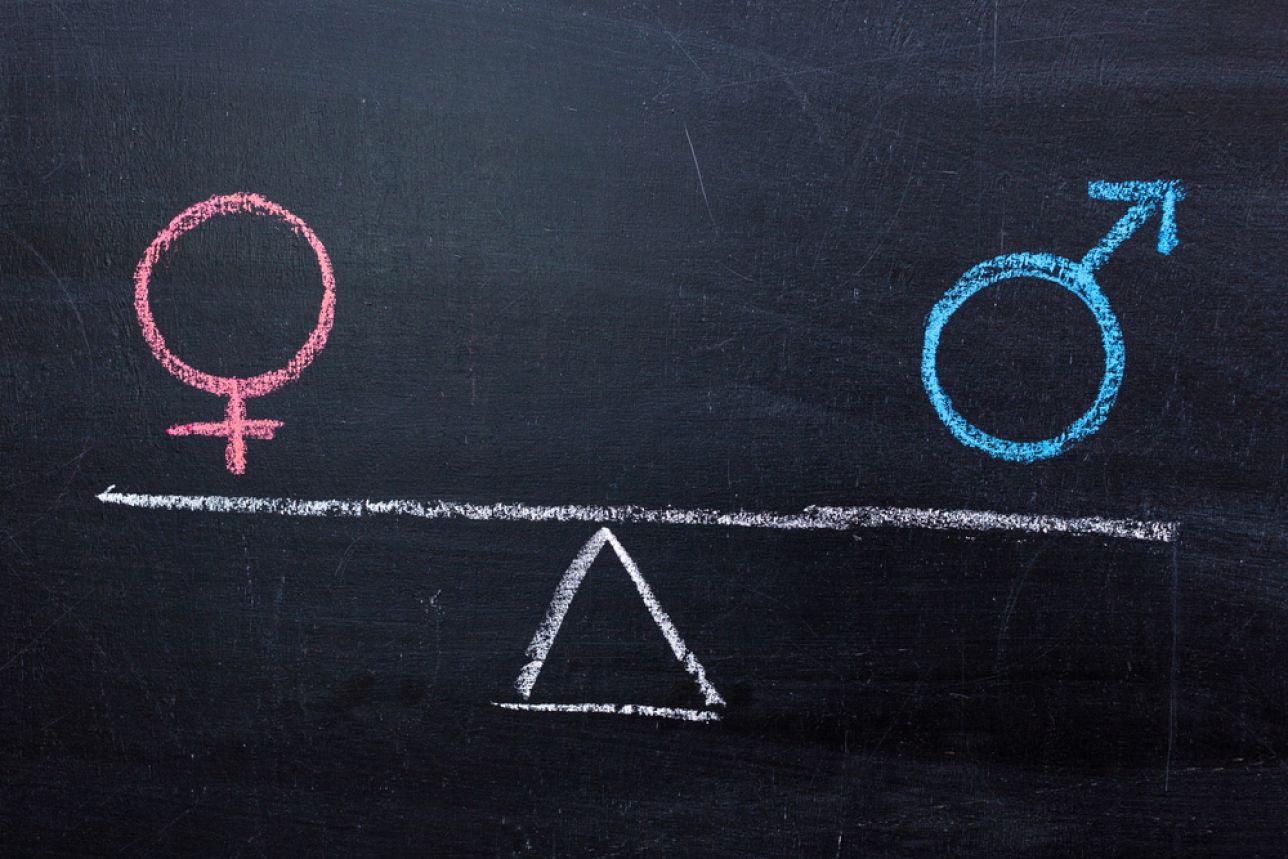The University of Milan Bicocca project analyses gender differences in education and proposes interventions to foster equality in STEM subjects.
Analysing gender differences in Italian schools and reducing the gap between men and women starting from the youngest: this is the aim of the project Promotion of Gender Equality in Education: Analysis, Interventions, and International Perspectives, presented during the Third General Meeting by Dr. Erika Grammatica, researcher at the University of Milan Bicocca.
‘Our working group promotes gender equality not only in education, but also within society’ – explains the researcher. ‘We do this through scientific research and concrete actions on the ground. We asked ourselves when the gender gap in education starts to emerge and, thanks to INVALSI data for Italian and mathematics, we discovered that the gender gap already exists from primary school onwards. Males tend to perform better in mathematics, while females excel in the humanities. This gender gap unfortunately widens when we analyse the same INVALSI data from high schools. Aware that this gap already emerges in primary school, and having female pedagogues in our team, we went into schools to promote gender equality and try to bring all genders closer to STEM subjects’.
Activities were developed for children aged 3 to 11 in schools in Milan. ‘Initially, we tried to detect gender stereotypes within the classrooms. The methodology used was to ask the children to draw, starting from a template, what they wanted. The most frequent gender stereotype was related to colour (pink for girls, dark colours for boys), but also to the presence of accessories such as handbags for girls and rifles for boys. Subsequently, we read books with them that deconstructed these stereotypes. For example, we told the story of a boy named Albert who plays with a truck, but sees a doll in a room and decides he wants to play with it too. We then discussed with the children about freedom of choice in games. In a second moment, we introduced the topic of consent: if you want to play with another person, you need their consent to do so. With the fifth graders, we presented posters depicting female scientists or women working in STEM fields, analysing their biographies and asking the students whether, in their opinion, there are ‘male’ or ‘female’ jobs and what expectations they have for their future’.
Finally, to offer an international perspective, the evolution of gender inequalities in European countries in the fields of education, work and finance was analysed. ‘This analysis showed that Italy is in the worst quadrant, where women’s participation in employment, training and access to financial resources are still low compared to men. However, looking at the data of the last ten years, there is a slight upturn towards the better quadrants, although we are still far from gender parity’.
Dr. Grammatica emphasises that the replicability objective of this project is to extend the intervention beyond the province of Milan, involving other areas of the country. In addition, a podcast will be produced on the activities carried out in schools, in which the results obtained and possible applications in other schools will be illustrated.





